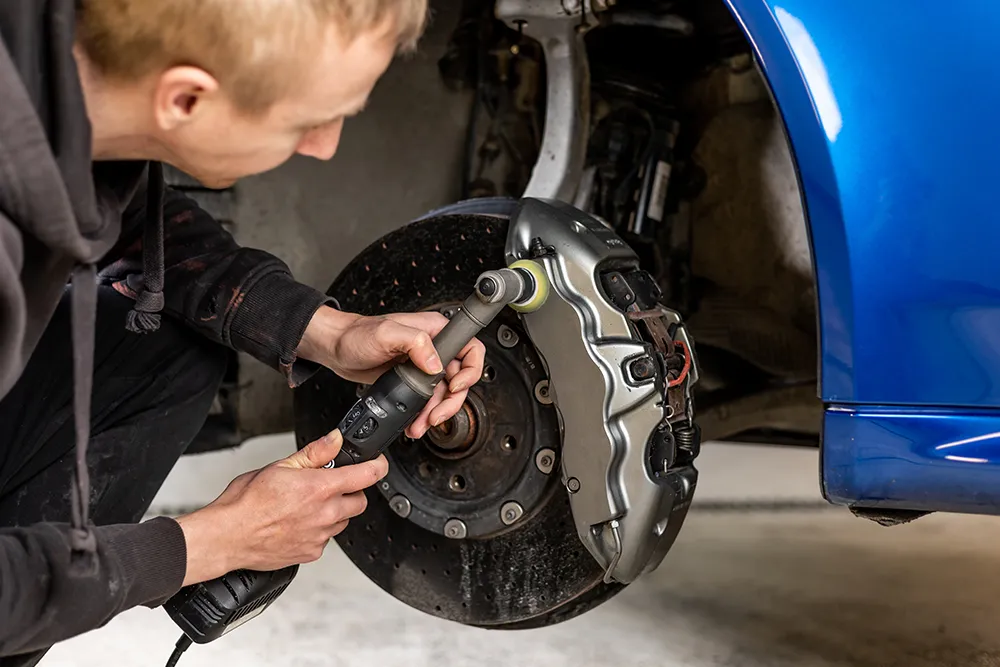As the winter season approaches, it is crucial to ensure that your vehicle is in top condition to handle the challenges of icy roads and harsh weather conditions. One of the most critical components to check and maintain during this time is your brakes. Properly functioning brakes are essential for your safety and the safety of others on the road. In this article, we will discuss the importance of winter brake repair and maintenance to keep your vehicle safe and reliable.
Signs That Your Brakes Need Attention
Before we delve into the specifics of winter brake repair, it is essential to be aware of the common signs that indicate your brakes may need attention. If you notice any of the following symptoms, it is crucial to get your brakes inspected by a professional mechanic:
- Squeaking or grinding noises: Unusual noises when you apply the brakes could indicate worn brake pads or other brake system issues.
- Vibration or pulsation: Vibrations or pulsating sensations when you brake may suggest warped brake rotors.
- Soft or spongy brake pedal: A soft or spongy brake pedal can indicate air in the brake lines or a potential brake fluid leak.
- Brake warning light: If the brake warning light on your dashboard illuminates, it signifies a potential issue with your brake system that requires immediate attention.
Benefits of Winter Brake Repair
Ensuring that your brakes are in optimal condition during the winter season offers several benefits, including:
- Improved safety: Properly functioning brakes are crucial for maintaining control of your vehicle on icy and slippery roads, reducing the risk of accidents.
- Enhanced performance: Functional brakes provide shorter stopping distances, allowing you to react quickly to unexpected road conditions.
- Preventative maintenance: Addressing brake issues promptly can prevent more significant and costly problems down the line.
Winter Brake Maintenance Tips
To keep your brakes in top shape during the winter months, follow these essential maintenance tips:
- Regular inspections: Schedule regular brake inspections to check for wear and damage.
- Brake pad replacement: Replace worn brake pads to ensure optimal braking performance.
- Brake fluid flush: Have your brake fluid flushed and replaced as recommended by your vehicle manufacturer.
- Rotor resurfacing or replacement: Address warped or worn brake rotors to prevent brake pulsation.
- Anti-lock brake system (ABS) maintenance: Ensure your ABS is functioning correctly to provide maximum braking efficiency on slippery roads.
When to Seek Professional Help
While some brake maintenance tasks can be performed by DIY enthusiasts, certain issues require the expertise of a professional mechanic. If you encounter any of the following scenarios, it is best to seek professional help:
- Brake fluid leaks: Leaking brake fluid can lead to brake failure and requires immediate attention.
- Burning smell: A burning odor when you brake could indicate a brake system issue that needs prompt inspection.
- Brake pedal goes to the floor: If your brake pedal goes to the floor with little resistance, it indicates a severe brake problem.
Final Thoughts
Winter brake repair and maintenance are essential for ensuring your safety and the safety of others on the road during the colder months. By staying vigilant for signs of brake issues and following the recommended maintenance tips, you can enjoy peace of mind knowing that your vehicle is equipped to handle challenging winter driving conditions.



